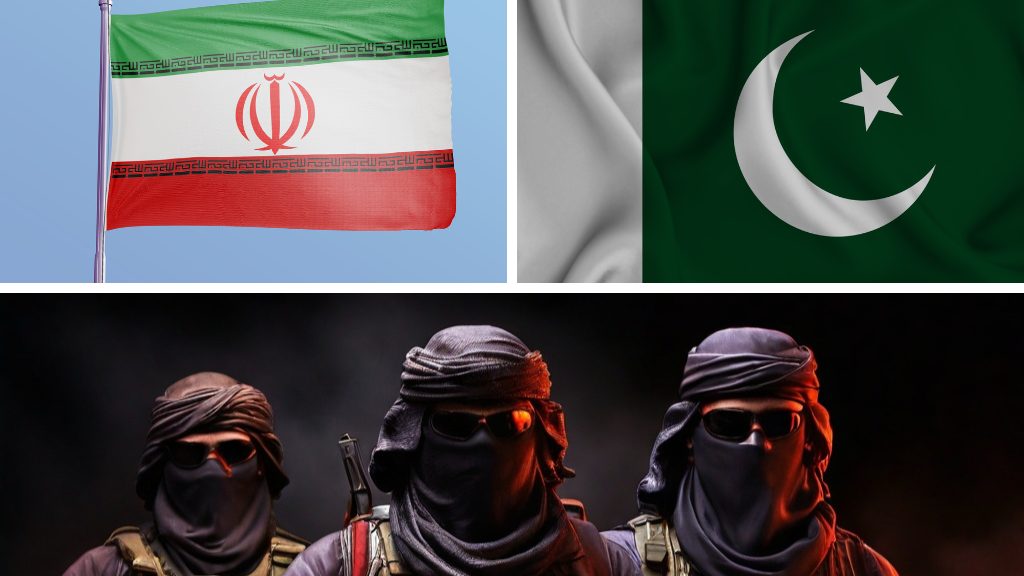Terrorist Groups in Afghanistan, A Threat to Regional Peace and Stability
Terrorist groups in Afghanistan pose a significant threat, prompting Pakistan and Iran to intensify joint efforts against terrorism. This commitment comes as both countries express concerns over the increased cross-border terrorist attacks emanating from Afghan sanctuaries since the Taliban regained power in Kabul in 2021. The joint statement was released following Iranian President Ebrahim Raisi’s three-day visit to Pakistan.
In their joint statement, both countries highlighted the serious threat posed by terrorist groups in Afghanistan to regional and global security. They reaffirmed their willingness to enhance cooperation on counterterrorism and security and to unite against terrorism.
Pakistan accuses militants associated with the Tehrik-i-Taliban Pakistan (TTP), a globally designated terrorist organization, of finding shelter in Afghanistan and launching deadly cross-border attacks on Pakistani security forces and civilians. Meanwhile, Iranian authorities attribute recent high-profile terrorist attacks inside Iran to an Afghan-based regional Islamic State affiliate known as Islamic State-Khorasan.
The joint statement also emphasized the importance of an inclusive government in Afghanistan, urging the Taliban to involve all segments of Afghan society in decision-making processes to promote peace and stability in the country.
During meetings between Iranian President Raisi and Pakistani Prime Minister Shehbaz Sharif, both sides agreed to strengthen bilateral trade and economic ties, with the aim of boosting bilateral trade to $10 billion over the next five years. Cooperation in the energy sector, including trade in electricity and the long-delayed pipeline project linking Pakistan and Iran for the import of Iranian natural gas, was also emphasized.
However, the United States has cautioned against participation in the pipeline project due to sweeping sanctions on Iran’s energy sector over its nuclear program. Despite Iran’s completion of constructing 1,100 kilometers of the pipeline on its side of the border, Pakistan has hesitated to begin its part of the project, fearing U.S. sanctions.
The joint statement’s call for an “immediate and unconditional” cease-fire in Gaza and humanitarian access to its besieged residents reflects Pakistan and Iran’s condemnation of Israel’s aggression against the Palestinian people. They also denounced Israel’s alleged attack on the Iranian diplomatic compound in Damascus as an unacceptable violation of Syria’s sovereignty and international laws.
Tensions between Iran and Israel escalated further following the suspected Israeli strike, with Tehran retaliating by firing drones and missiles directly at Israel. This exchange of hostilities has heightened concerns about a wider conflict in the Middle East.


